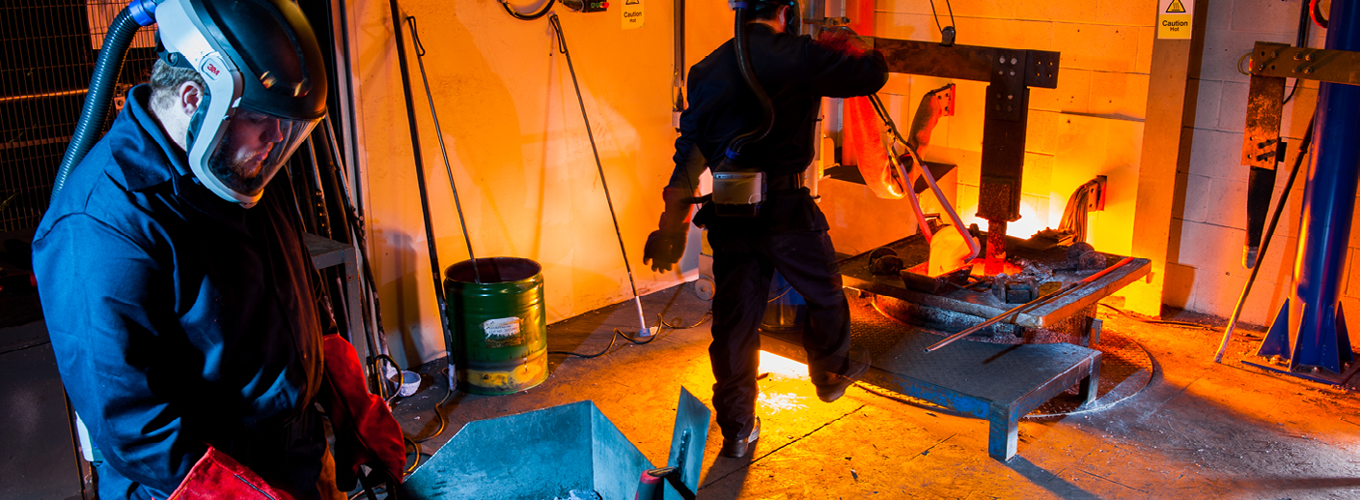LCM has the expertise to make neodymium metal or NdPr master alloy commercially onsite. The electrolysis process is the transformation of rare earth oxide into rare earth metal using a direct electric current in a molten salt bath. The same process is used globally for the production of aluminium.
Under the SecREEts project, LCM is continuing to develop capability by expanding the range of alloys, making further improvements to environmental management, developing remote monitoring systems and building automation tools. The SecREEts project is an EU Horizon 2020 project which aims to establish a stable and secure supply of REEs, and part of LCM’s role is to develop metal making abilities.
The metal making cell consists of a graphite crucible, graphite anode, refractory metal dish and refractory metal cathode. A salt bath is charged with rare earth oxide and rare earth metal is formed at the cathode and collected in the refractory metal dish at the bottom of the electrolysis cell.
Our highly skilled operators undertook an intensive six-month training programme to become fully familiar with the process. They were faced with many challenges along the way which were successfully overcome whilst referring back to the specialists in the field. Over the course of a 12-hour shift, the operator is required to react to observed cell conditions which means the process cannot be broken down into series of specific actions or timescales. Historically, this has made automation challenging, however we are looking at ways to overcome these challenges.
LCM has installed real-time monitoring of the work environment, a process monitoring system and a wet scrubber to reduce emissions. The metal making process adheres to strict European health, safety and environmental measures.
At LCM we recognise the impact our activities have on the environment and continuously work to maintain and improve our environment and quality management systems in accordance with ISO 14001 and ISO 9001. Within the remit of the SecREEts project life cycle costing (LCC) and environmental life cycle assessment (LCA) will also be carried out.
You can read more about the policies we adhere to here.

